Growing up our parents have been hugely involved in our daily affairs and activities. Whether it’s taking us to an art or music lesson or learning a new sport. They inevitably play an integral role in the development of youth, both psychologically and socially. Through this article we will explore the role of parents in sports and how parental support impacts athletes both negatively and positively. We will also look into the interesting triangular relationship between the coach, parents and athletes.
Role of Parents in Sports
The first sports activity of any child is typically influence by their parents. Who continue to offer practical and psychological support to their children throughout their sporting pursuits. Additionally, parents usually expose their kids to a sport by taking care of a number of things like providing transportation, admit them in academy and other related financial support.
As a result of the fact that parents bring their kids to the competition and wait there. They may have a variety of encounters with the children that may have an impact on how they behave and perform. Financial support related to sport can look like paying the coaching fee; investing money in the sport equipment, sport gear and tournament expenses for travel and stay.
The paradigm outlined by Fredricks and Eccles (2004) highlights three key responsibilities of a parents in sports:
- Provider: transportation to practices and games, financial resources for coaching and equipment
- Interpreter: This includes understanding reactions to children’s performance in terms of their expectations, the relevance of sport in terms of social acceptance, and so on.
- Role model: This is communicated in a variety of contexts, including interactions with other parents, coaches, referees, and players.
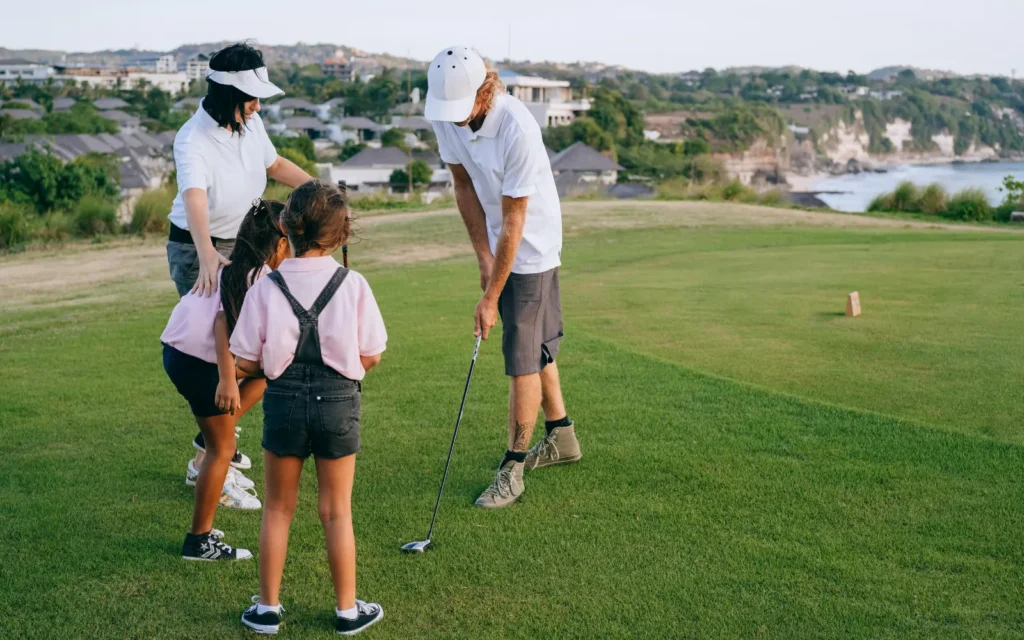
Parental Pressure on Athletes
Parents role in youth sports pressure, instead, has been linked to negative outcomes related to sport performance like:
- Perceiving environment as threatening: When parental support becomes parental pressure, the athletes tend to perceive their sporting environment as threatening. Which can lead to stress, disputes between parents and their children, fatigue, and finally a decline in performance.
- Prioritizing winning: Some studies explain that parents can unknowingly create a stressful sports environment. By placing too much emphasis on winning and less importance on participation. Parents shouting from the sides, reacting strongly after a poor round etc. are all behaviors that are more likely to be consider as a hindrance by the athlete and therefore place additional pressure on them.
- Pressure to perform: When an athlete is put under immense pressure to perform, they may begin to perceive their value as a person entirely through their level of achievement. Additional pressure can detract from their enjoyment and impair their performance. It can also lead to psychological impacts like performance anxiety in athletes.
- Heightened Anxiety: Unfavorable parental involvement can lead to lack of emotional control in athletes which can result in heightened anxiety in competition (Bois, 2009).
- Criticism and directive behaviors: Directive behavior is when kids feel controlled by their parents in sports, promoting the perception of pressure. Saying critical comments about an athlete’s performance or teammates can directly result in a loss of intrinsic motivation, loss of confidence, and loss of self-esteem (Lavoi, 2008).
Effective Parental Support for Athletes
The role of Parents in sports support has been linked to several factors related to sports participation in athletes like:
- Enjoyment factor: If parents in sports encourage participation, children end up enjoying the sport more. This suggests that kids who participate in sports and perceive parental involvement as positive are more likely to enjoy themselves.
- Autonomy: Positive parent involvement allows self-autonomy in children and enables the athlete to develop self-awareness and become aware of their skills. It also builds a sense of independence in decision making.
- Positive Motivation: Motivation plays a major role in all sporting contexts. In this way, parents in sports influence their children’s experiences and greatly contribute to their motivation level, which can help them have a pleasant sports experience (Ouwehand and De Ridder, 2008). Thus, parents can boost the athlete’s motivation levels that can result in greater satisfaction and continued play in the sport.
- Emotional Support: Giving athletes emotional support in the form of unconditional love. A judgment-free environment can have a lasting impact on the athlete and prompt them to seek out their parents’ support. Parents can express their support for athletes by being present at difficult times or a bad game. Showing affection and encouragement regardless of who wins and pushing the athlete to accomplish their best.
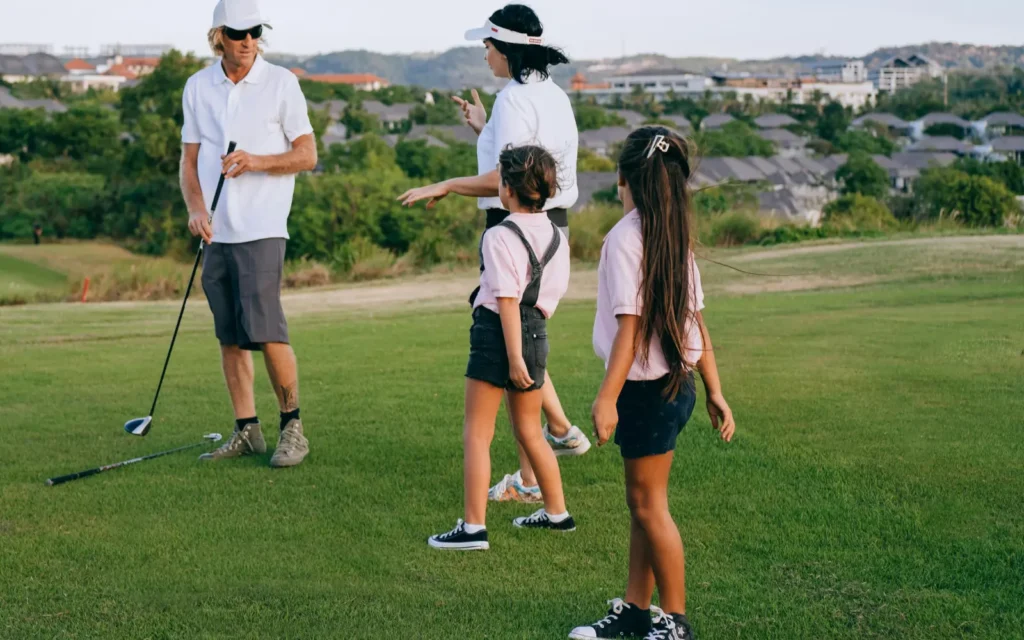
Coaches, Parents and Athletes: A Triangular relationship!
Firstly, let’s understand why we are referring to it as a triangle? The athletic triangle is a term use to describe the interactions between the coach, parents and athletes (Wylleman, 2000). The player, parent, and coach triangle are an important mechanism that plays a significant role in determining how athletes experience sports in almost all disciplines.
Despite the distinct roles that parents and coaches play, these positions change throughout the course of an athlete’s journey. It is critical that the roles that parents and coaches play in the athlete’s experience be carefully evaluated because both can either hinder or support healthy progress within an athlete (Edward, 2022). Parents, in particular, fade into the background as the individual matures, while coaches assume a more prominent position. However, it must be noted that both parents and coaches impact skill development in athletes in their own ways.
Because they each play a distinctive role in an athlete’s life, parents are expected to provide support that is unique from that provided by coaches. Parents should have faith in the coaches’ approach, and coaches should allow parents to collaborate in a balanced manner. It is important to note that the athlete is in the center of the triangle because the parent-coach relationship has a direct impact on them.
Role of a Sports psychologist: A Quad
A sports psychologist can act as a fourth party when youth athletes seek emotional support or are encouraged to seek mental training to enhance their performance. This places the athlete in the middle of the triangle with the practitioner, coach, and parent. Making up the other two sides as the stakeholders in the youth athlete’s experience.
It is the responsibility of the sport psychologist to focus both physical and psychological health. While keeping the other entities informed of the process and bringing them in when needed.
For example: They would call the parents and athletes in sports to know more about the athlete’s behavior at home. Or would talk to the coach to gain information regarding the athlete’s routine, preparation and any other patterns.

Finding the right level of Parents role in youth sports
Parents who over-involve themselves in their children’s sporting endeavors and performances become emotionally invested in those events and have a tendency to transfer their own life onto their kids’ sporting accomplishments. The overinvolvement of parents role in youth sports can remove focus from the athlete’s competence and motor abilities, enjoyment, and overall wellness.
Here are 07 ways how parents can actually be involved in sports and make a positive impact in the athlete’s life:
1. Understand their sports needs
It is always best to talk to them! Spend some time talking to them about their athletic ambitions and aspirations and make an effort to convey that you appreciate their effort and experiences. The parents role in youth sports is to ask your child how they would want you to support them during and after competitions.
2. Communication is the key
Effective communication between you and your child will be essential in supporting them in their sport participation. Parents and Athletes will have varying expectations of how they performed and how they feel about it. Sometimes they would want you to talk to them or hear them out while others want some space or time. The best way to support them is to talk to them about what they could find to be helpful and what they want you to avoid doing.
3. Provide unconditional love and a safe emotional climate
Your child’s perception of your engagement will depend on how you support and interact with them during practice, competitions, and at home. Providing a safe space to express their emotions related to success and failures and helping them appreciate the sport beyond winning and success can indicate an awareness of your child’s experiences in and outside the field.
4. Avoid unfavorable comparisons
It’s important for you as a parent to be careful about not comparing your child to other players and their performance. By doing this, you could make your athletes feel inferior and that they are not good enough. Encourage your athletes to concentrate on their own abilities and strengths rather than those of the others.
5. Healthy practices at competition
Your actions and words at matches can have a noticeable effect on your child. Hence, recognizing and then responding to your child’s competition requirements will be really effective. Moreover, it’s beneficial to assist athletes in creating coping mechanisms to tackle numerous difficulties brought about by competition. Sports psychologists can be of help here!
6. Manage your own emotions
However, maybe most crucially, adopting techniques to regulate your own competition emotions is critical to the athlete’s performance as well. You can also seek professional help from a sports psychologist.
7. Build positive Coach-Parent relationship
The more you and your child’s coach can communicate, connect and understand what each of you are trying to accomplish in the athlete’s life, the better it will be for everyone involved. Don’t try to replace the coach; instead, develop a positive connection with them so that you can work alongside them to maximize your child’s competition experience. It might also be beneficial to spend some time getting to know your child’s coach and becoming familiar with the demands they must meet in their profession. Make a conscious effort to assist the coach in any way you can. It is better to calmly discuss any issues with the coach if you disagree with them.
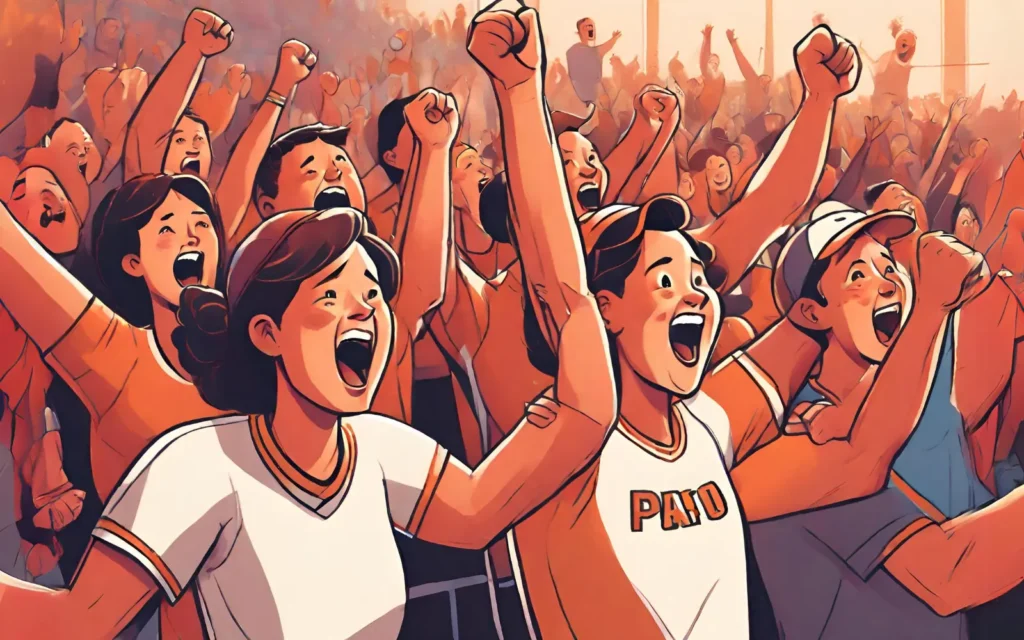
Conclusion for Role of Parents in Sports
Parents must play an active role in their children’s athletic development in order for them to realize their full potential. The role of parents in sports is undeniably important, but caution must be exercised to make sure that the athlete’s enjoyment and athletic development are not inhibited. In conclusion, parental engagement necessitates a delicate and tricky balance of pressure and support!

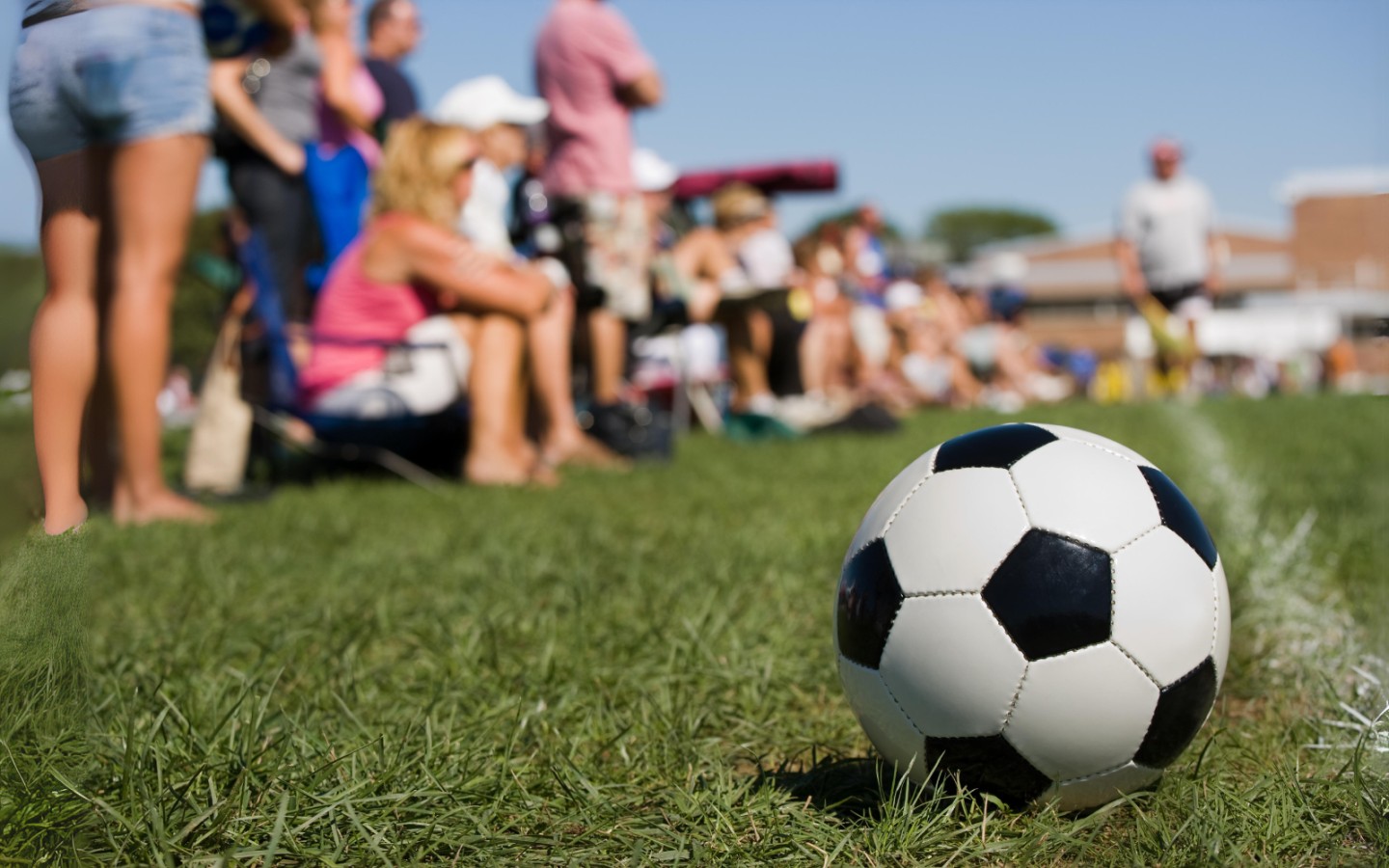


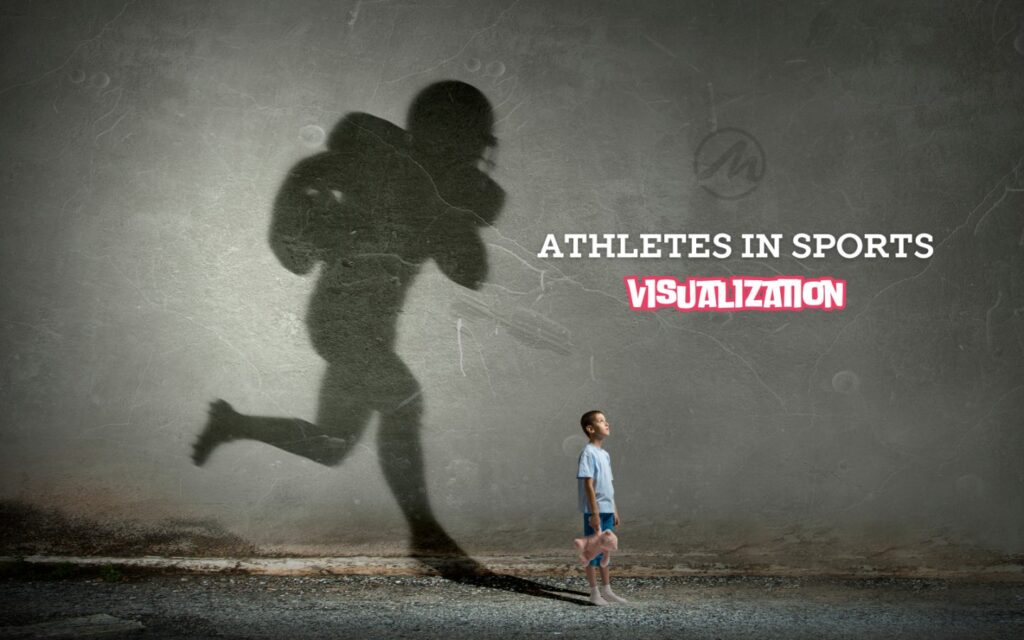
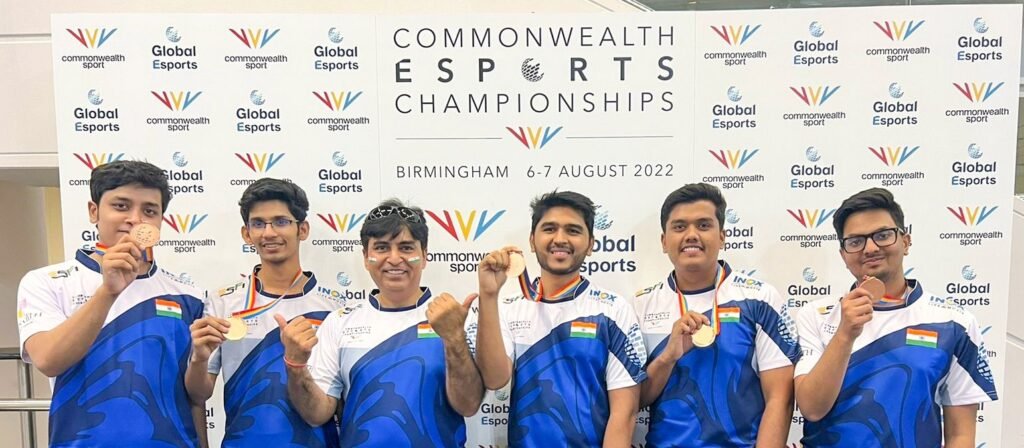
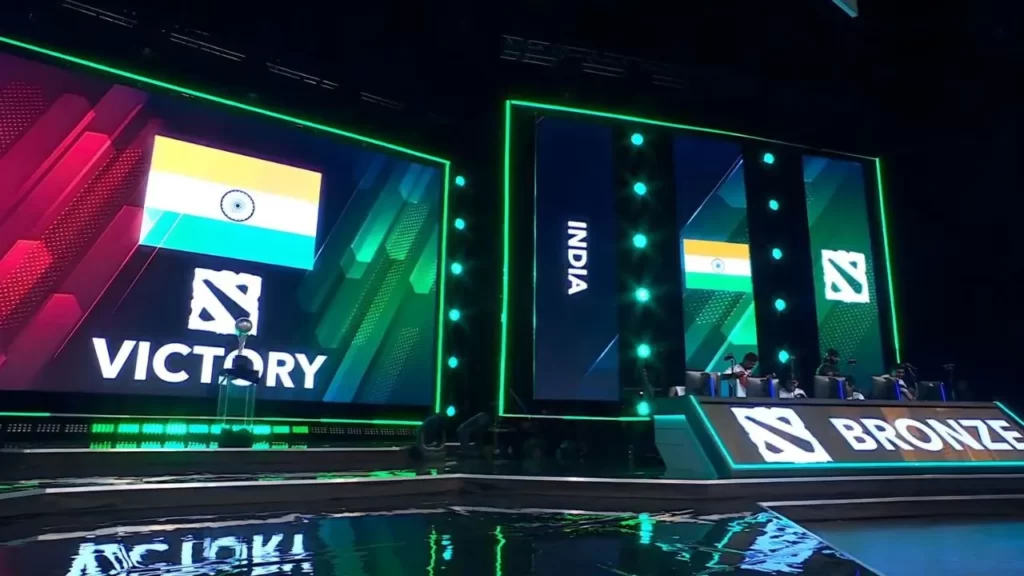
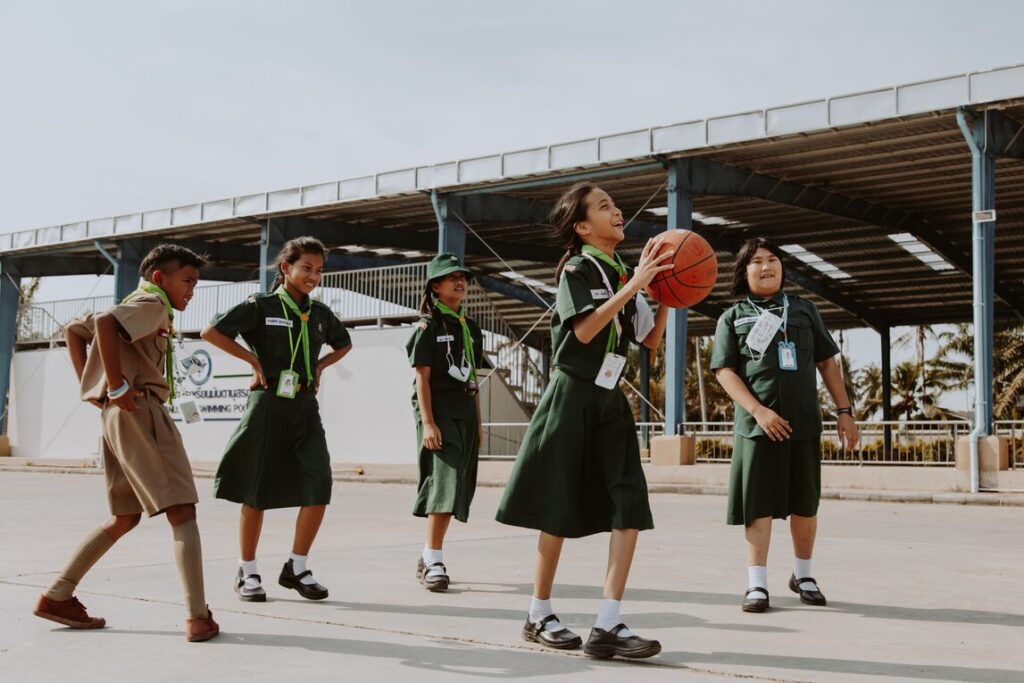
The information that you have shared is really amazing and helpful for us. Subscribed your blog.